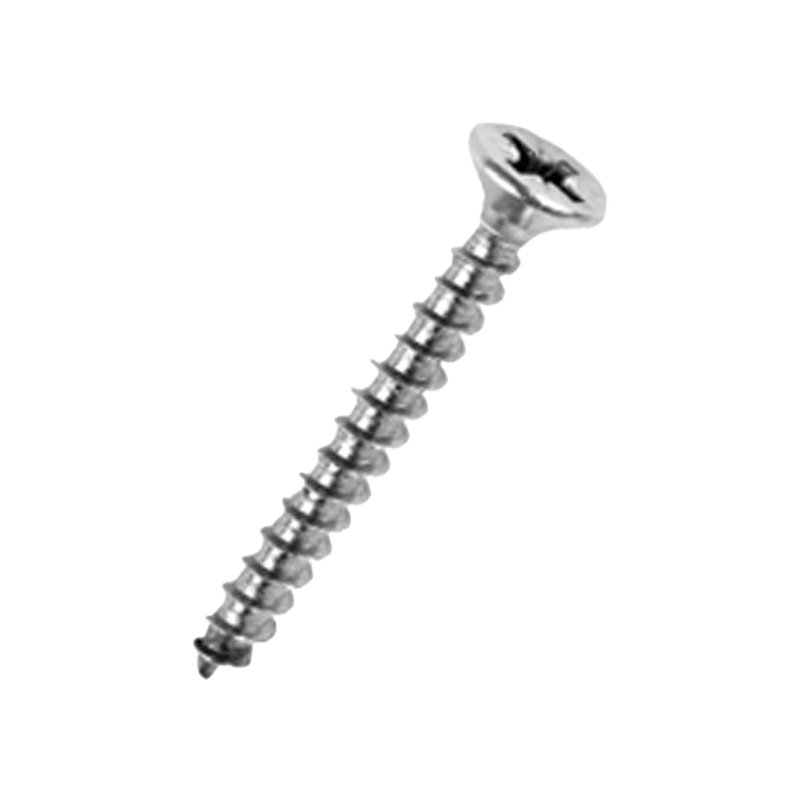Screws are a staple of any construction project. They’re used to fasten woods, metals and cement in all sorts of buildings including homes, stores, sheds and docks. Screws offer a tight and stronghold and are much less likely to rust or corrode than nails as they don’t leave any exposed iron. However, selecting the right metal screw for the job is crucial to ensuring a long-lasting hold. Incorrectly selecting a screw can result in it becoming stripped or falling out which will reduce the lifespan of your project. Luckily, there are a few simple tips you can follow to make sure your screws are at their best.
When selecting the correct metal screw for the task at hand, consider the material that will be joining together as well as the environment and conditions in which it will be placed. Some screws are better suited for specific environments, while others are more versatile. Stainless steel screws, for example, are perfect for outdoor construction projects as they are highly resistant to corrosion caused by exposure to water and salt.
A type of iron-based alloy, stainless steel fasteners contain chromium in varying proportions which gives them high corrosion resistance. They are often coated with zinc to improve their appearance and protect them from rusting and corrosion, but can be left uncoated for some applications. Stainless steel screws can be found in a wide variety of uses including medical, food processing and marine applications as they have excellent anti-corrosive properties, but also work well indoors.
If you’re using steel screws outdoors, or for any other task that will involve them being exposed to moisture, make sure you take the time to pre-drill the hole before screwing in. This will prevent the wood from splitting and will help to protect the screw from corrosion. You can also help to preserve the life of your screws by storing them in a dry place and wiping down any heads regularly to remove any dust or dirt that could kick-start corrosion when it comes into contact with the metal. You should also avoid mixing different metals together, as this can lead to galvanic corrosion which will degrade the screw and cause it to rust.
Aluminum screws are great for lightweight tasks as they offer a good balance between strength and durability. These custom fasteners are often made to a range of standard sizes and are ideal for use in marine, aircraft or aerospace equipment as they can withstand the high temperatures and extreme weather that they’re likely to be subjected to.
Brass screws are a type of copper-based alloy and provide a decorative appearance that many builders prefer for aesthetic reasons. They don’t have as much rust resistance as stainless steel or as much strength as steel, but they are still suitable for various light-duty applications and can be used in place of iron screws where an attractive appearance is important. The best part is that they’re significantly cheaper than steel screws, making them an ideal choice for budget-conscious applications.
